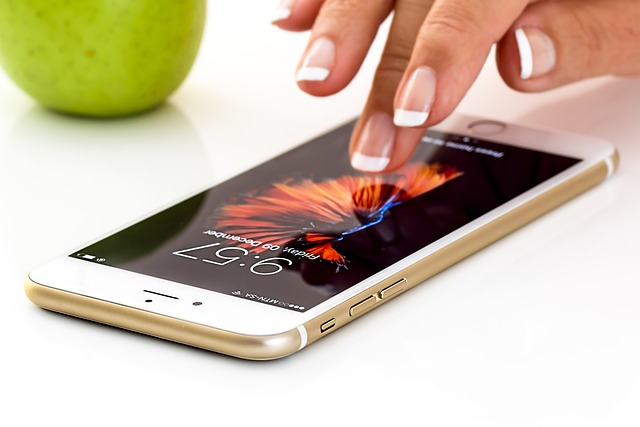
What is the User Experience?
Android devices offer a more user-friendly experience thanks to their customizable interface and wide range of applications. iPhone users, on the other hand, may find Android more intuitive due to its design philosophy of “flat” UI. However, iPhone users can also customize their device’s interface to match their preferences.
Android offers a more user-friendly experience, but iPhone users can customize their device’s interface to match their preferences.
The Differences between iPhone and Android Phones
iPhone vs Android: Which One Offers Better User Experience?
When it comes to user experience, iPhone and Android devices are two very different beasts. Here are the key differences between the two platforms:
User Interface:
Android is known for its cluttered and often confusing user interface, while iPhone’s sleek and simple design is praised by many users. In terms of functionality, however, both platforms offer a wide range of features.
Camera:
iOS has consistently been considered to have better camera quality than Android. This may be due to iOS’s use of advanced imaging algorithms that allow for better low-light photography and sharper images overall. However, Android does have a handful of decent camera apps available, so users should not feel limited in this regard.
Network Speed:
Both iOS and Android can be quite slow when it comes to network speeds. This is mainly due to the fact that both platforms rely on networks from different providers which can lead to congestion and slower speeds. However, there are some tweaks that users can make in order to improve network performance on either platform.
Pros and Cons of iPhone and Android Phones
iPhone and Android phones are two of the most popular cell phone platforms on the market. Both offer a wide range of features and capabilities, but which one offers a better user experience? Here are some Pros and Cons of each platform to help you decide.
iPhone
Pros:
-iOS is widely considered to be the most user-friendly mobile operating system available, making it easier for users to get started with using their phone.
- iPhones are typically more durable than Android devices and tend to last longer without breaking or needing repairs.
- iPhone apps are generally regarded as being of higher quality than those available for Android devices.
- The App Store offers a wide range of both free and paid applications, making it easier for users to find what they’re looking for and purchase items that fit their needs.
- The “Home” screen on an iPhone is designed to be simple, easy to use and organized in a way that makes it convenient for users to access the things they need quickly.
Cons:
- iPhone battery life may not be as good as those available on some Android devices, especially if users are using apps or streaming video frequently.
- Some iPhone features (such as FaceTime) may not be available on all networks or at all times, depending on where users are located.
- Apple has been known to change its iOS operating system without warning, which can lead some users to experience instability or
Conclusion
It is no secret that Android reigns supreme as the number one operating system on smartphones, but there are a few reasons why iPhone users might prefer it. In this article, we will compare and contrast the two platforms so that you can make an informed decision about which platform offers the best user experience for your needs. Hopefully, by the end of this article you will have a better understanding of both sides of the argument and be able to make an informed decision about which smartphone OS is right for you.



